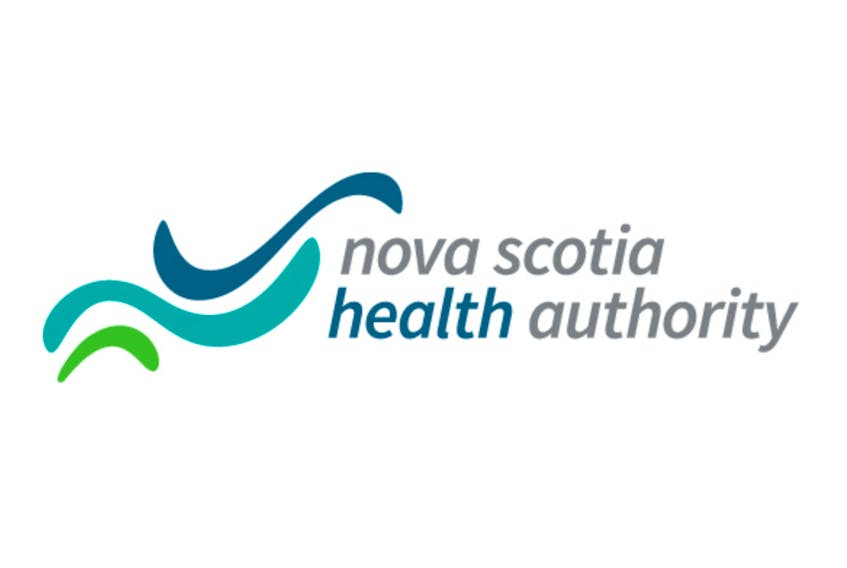The Nova Scotia Health Authority’s abrupt governance shakeup, eliminating three vice-president positions and decentralizing executive decision-making to local management zones, is exactly what’s needed, says a Cape Breton emergency room doctor.
But Dr. Robert Martel, a physician for more than 30 years, is eager to see the details of the plan, announced in an internal memo Friday, and whether the health authority is truly interested in abandoning its one-size-fits-all approach to administering health care in the province.
“It’s a nice skeleton; where’s the meat?” Martel said. “How are they going to empower the four zones? They must address the health-care disparity which exists in each of them.”
Janet Davidson, the health authority's interim president and CEO, informed staff of the restructuring in an email Friday, calling the changes necessary to improve a complex, confusing and bureaucratic organization “that does not allow us to easily address challenges that may be unique to individual zones, teams or hospitals.
“With this in mind, I have restructured the executive level of the organization to move executive level operational and medical leadership, including budget, to each zone.”
Davidson states in the memo that she was requested to review the structure of the organization to strengthen its governance and operational oversight. Incoming president and CEO Dr. Brendan Carr is set to join the organization next month.
While the memo doesn’t offer details on what the new governance structure will look like, Davidson said an advisory group would be set up to recommend “necessary realignment of roles, responsibilities and reporting relationships under the new executive-level structure.”
Colin Stevenson, vice-president of quality and system performance, is charged with striking the advisory group.
Davidson also announced the elimination of three positions, including: Tim Guest, vice-president of health services and chief nurse executive; Lindsay Peach, vice-president of health services; and Carmelle d’Entremont, vice-president of people and organizational development.
The provincial health authority is now in its fifth year of operation since the amalgamation of the nine former regional health authorities in April 2015. The organization has been the subject of heavy criticism since then.
A May 2017 report authored by a group of medical professionals in Nova Scotia offered a punishing performance review of the health authority, saying the organization was failing to respond to local needs and was subject to political interference.
Martel said a governance overhaul is needed now to avoid disaster.
“It’s part of a checklist to kind of right the ship because the ship is heading for the rocks and we have been sending out warning signals for a number of years," he said. “Deep within the political environment in this province, they understand that people want some sort of indication that things are going to change. Devolving power to the local regions is a very fundamental piece of that.”
Martel questions whether the remaining seven executive members can be trusted to make the proposed system work and whether local leadership will have the independence to make important budgetary and operational decisions needed to improve access to health care.
"Certainly, that hasn’t been demonstrated in the way the health file has been handled up till now," the doctor said. "Are they looking at new hires in the regions to accomplish this?"
Community health boards have been rendered powerless under current governance, said Martel. He said the proposed governance model must give these groups, who are in tune with the needs of their region, the power to set health-care priorities for their communities.
"I’m not sure if decentralization is going to work as a concept if community health boards do not have some say on how the priorities are set and the actual funding for those priorities," Martel said. "They are the ones that understand the health needs of the people, yet there is no mechanism for them to have significant, meaningful input at the management and governance level."
John Gillis, spokesman for the health authority, could not offer details of the new governance structure but said further changes would roll out over time. He said community health boards currently have no decision-making power and that likely wouldn’t change under the proposed governance model.
"They’re an extension of the organization, but not part of the organization proper," Gillis said.









